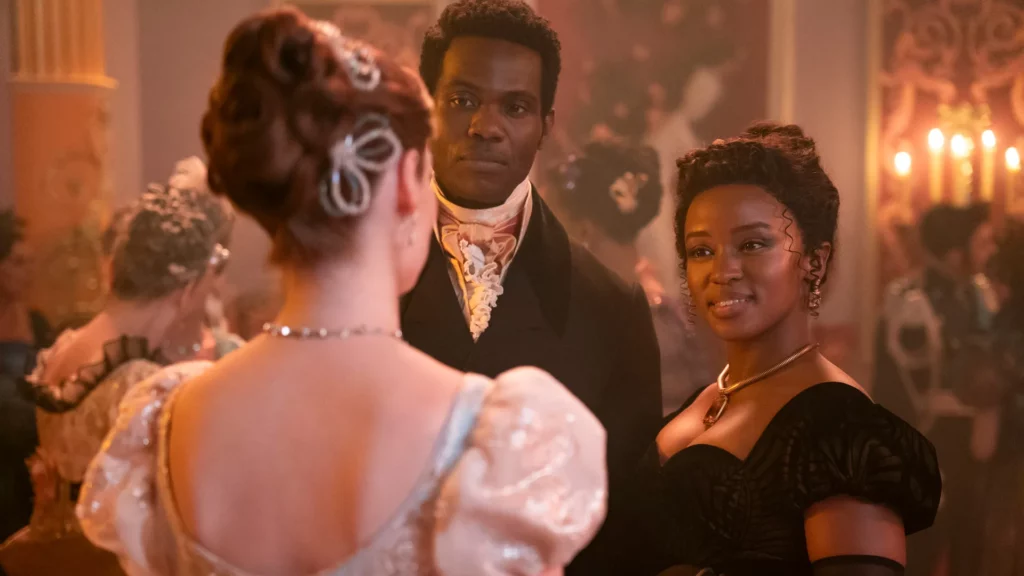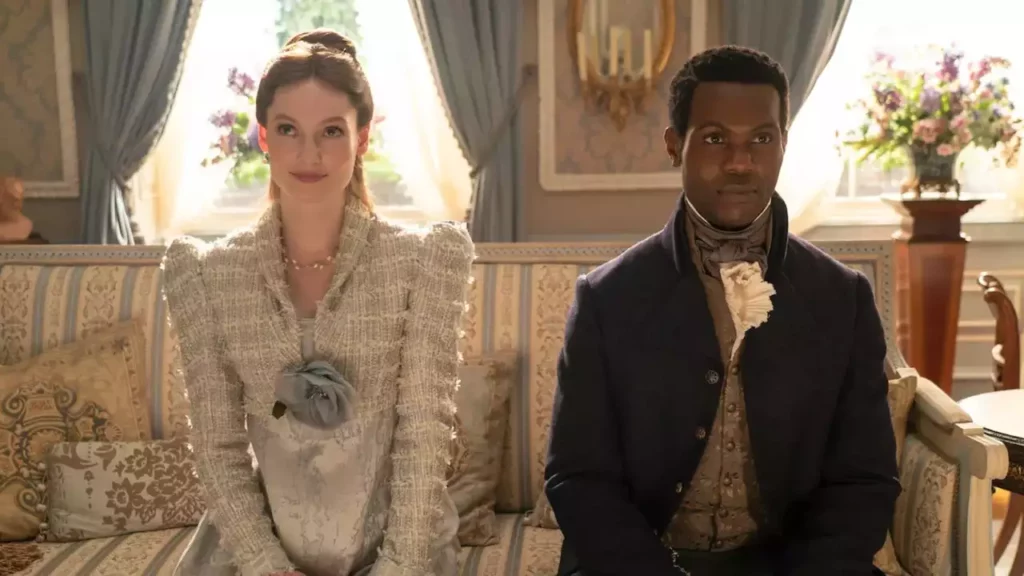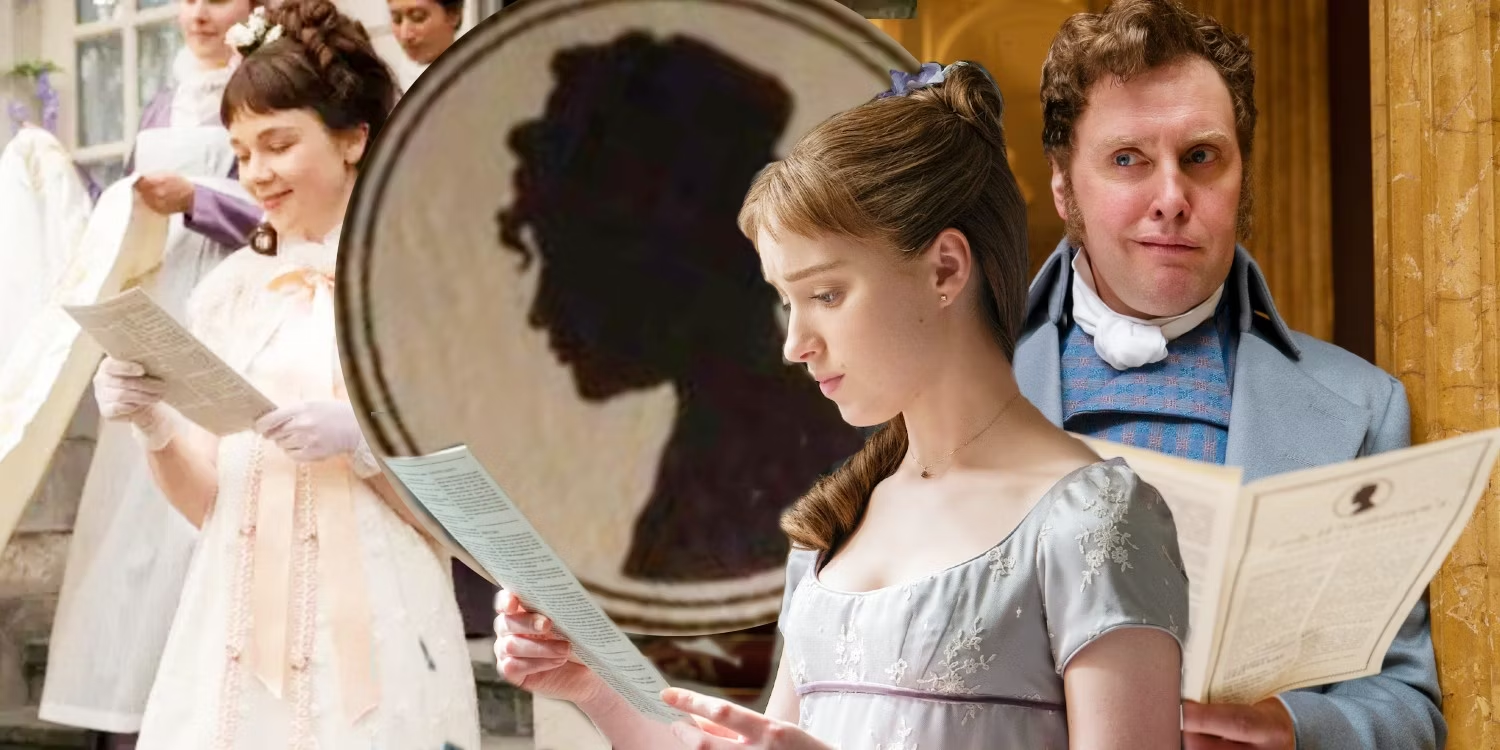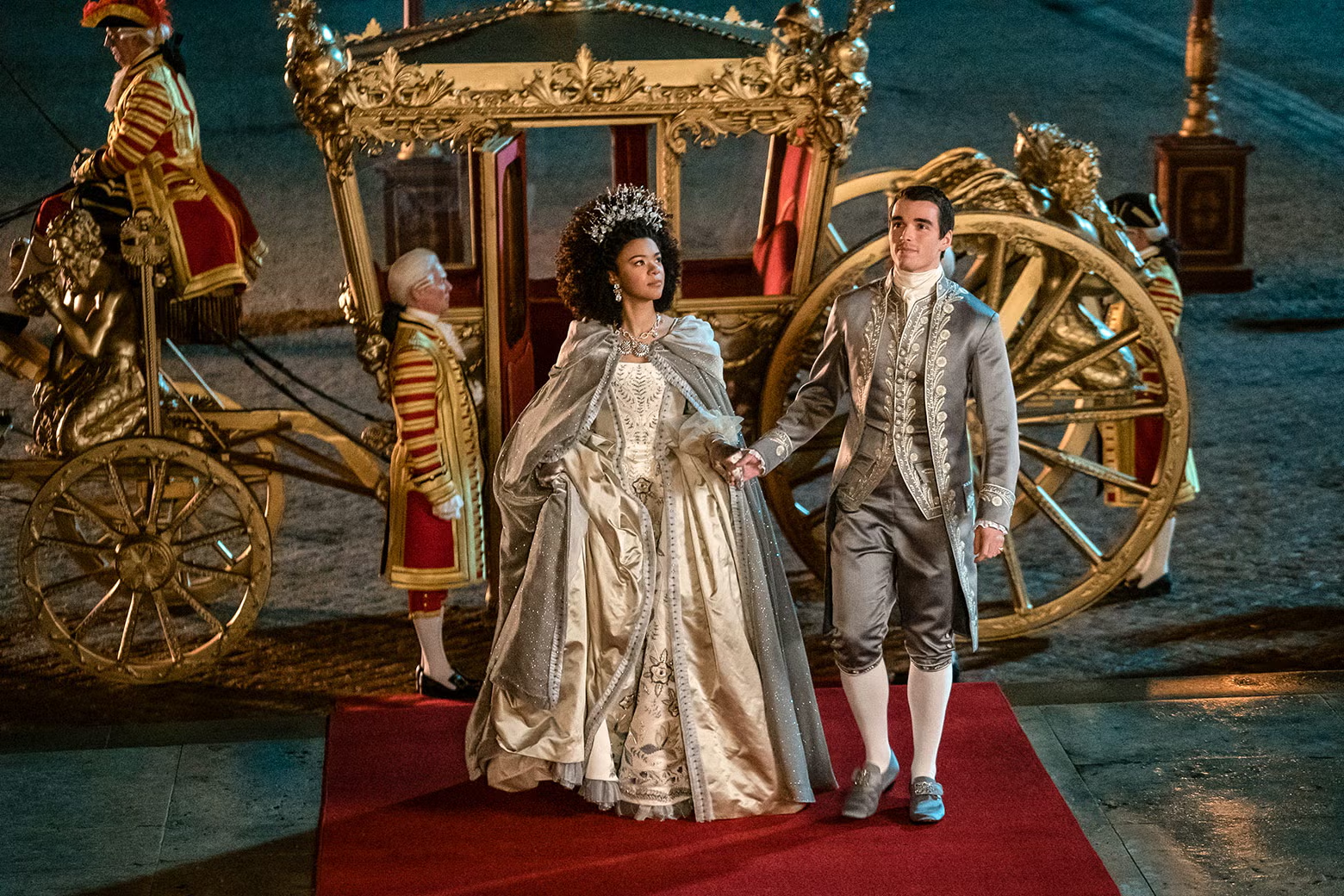“Bridgerton,” the sensational series that captured the hearts of millions with its regal romance and vibrant visuals, has recently found itself at the center of a fiery fan debate. Adapted from Julia Quinn’s beloved book series, the show has made several changes that were initially embraced by its audience. However, the introduction of a new character, Michaela, in season three has sparked significant controversy and discord among the long-time followers of the franchise.
At the heart of the matter is the transition of a beloved character, Michael, into Michaela, altering Francesca Bridgerton’s storyline into a queer narrative. This shift has not only surprised fans but also led to accusations of the show deviating too far from its original, historical context.

Julia Quinn Defends the Changes Amidst Growing Tensions
Julia Quinn, the creator of the “Bridgerton” books, has stepped into the fray, attempting to bridge the gap between the original texts and their on-screen adaptations. On her Instagram, Quinn expressed her commitment to enhancing the diversity and inclusivity of the “Bridgerton” universe as it transitions from page to screen.
“Anyone who has seen an interview with me from the past four years knows that I am deeply committed to the Bridgerton world becoming more diverse and inclusive as the stories move from book to screen,” Quinn stated, affirming her support for the show’s new direction.
Despite her intentions, the fanbase’s reaction remains mixed. Some praise the push for more diverse storytelling, while others argue that such changes compromise the authenticity and integrity of the period depicted.

Fan Reactions: From Support to Backlash
The discussion around Michaela’s character has grown intense, with debates erupting over the series’ fidelity to its source material and the broader implications of its narrative choices. A particular point of contention is the accusation of homophobia, countered by voices within the LGBTQIA+ community who argue that the discontent stems from the handling of the character, not the inclusion of a queer storyline itself.
In online forums and social media, fans express their frustrations. “They wanted that built-in fanbase and now they’re trying to gaslight,” noted a user on Reddit, highlighting a sentiment of betrayal felt by many fans. Another adds, “It’s unnecessary for such a major change to a main character,” pointing to the emotional investment many had in Michael’s original storyline.

The Ongoing Debate and Its Impact on Bridgerton’s Future
As “Bridgerton” continues to evolve, the controversy surrounding Michaela’s character underscores the challenges faced by adaptations in staying true to their source material while also striving to remain relevant and inclusive. The discussions it has sparked are a testament to the passion of its fanbase and the complex dynamics of modern storytelling in historical contexts.
Whether these changes will affect the long-term popularity of “Bridgerton” remains to be seen. However, one thing is clear: the conversation about diversity, historical accuracy, and fan expectations is far from over. As the series prepares for its next season, all eyes will be on how these issues are addressed and whether the show can maintain its charm and appeal amidst the growing dissent.
